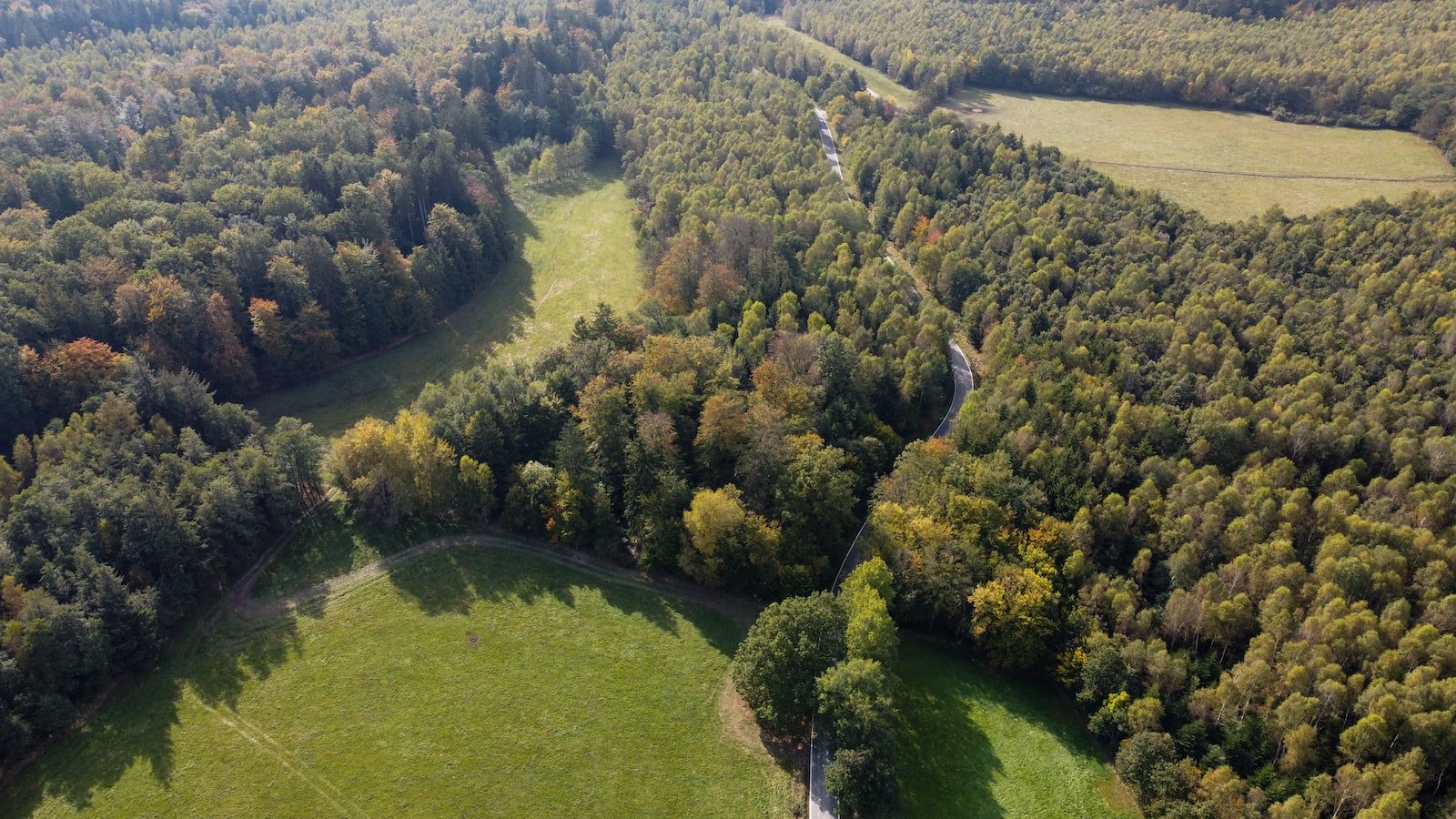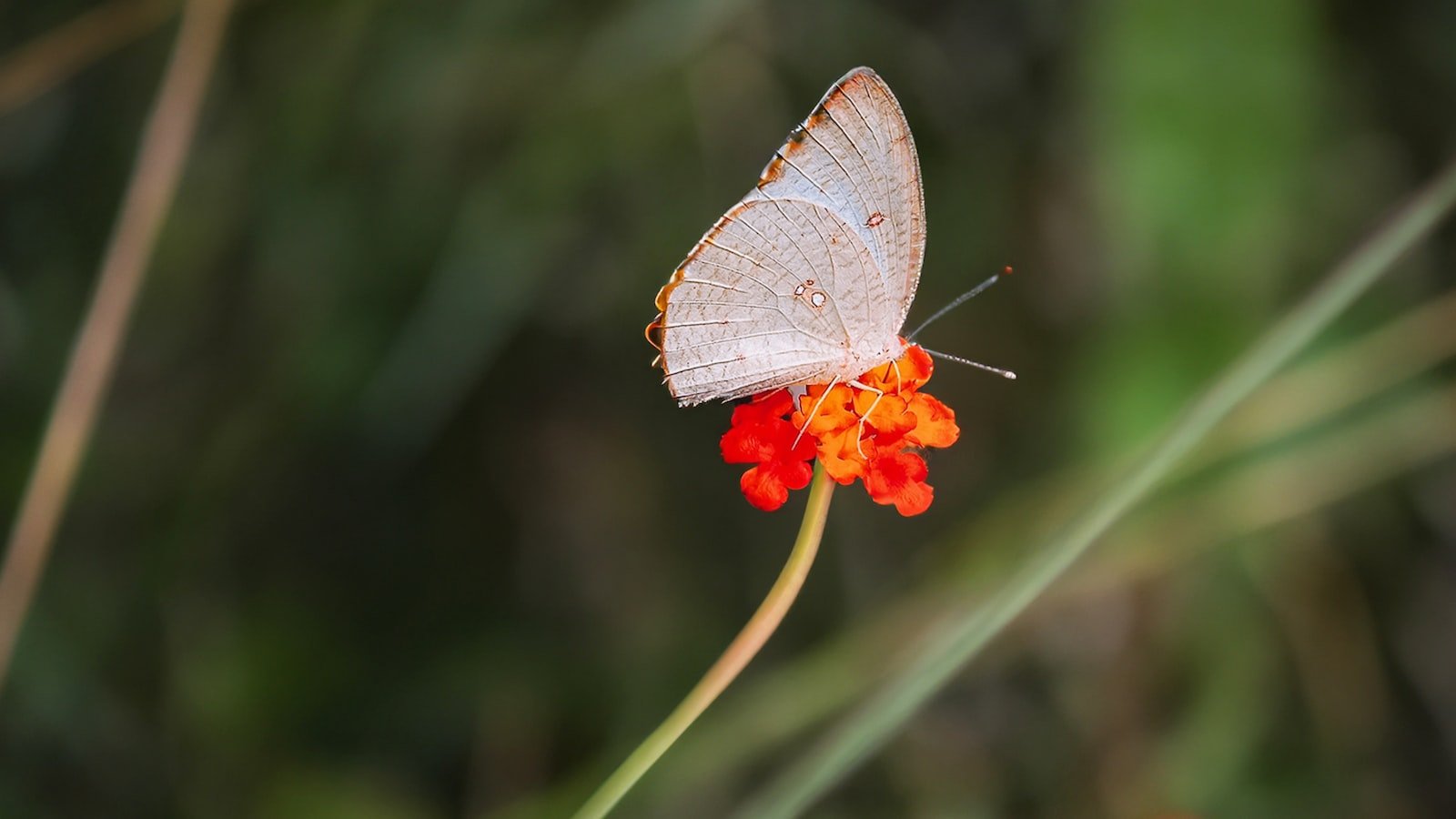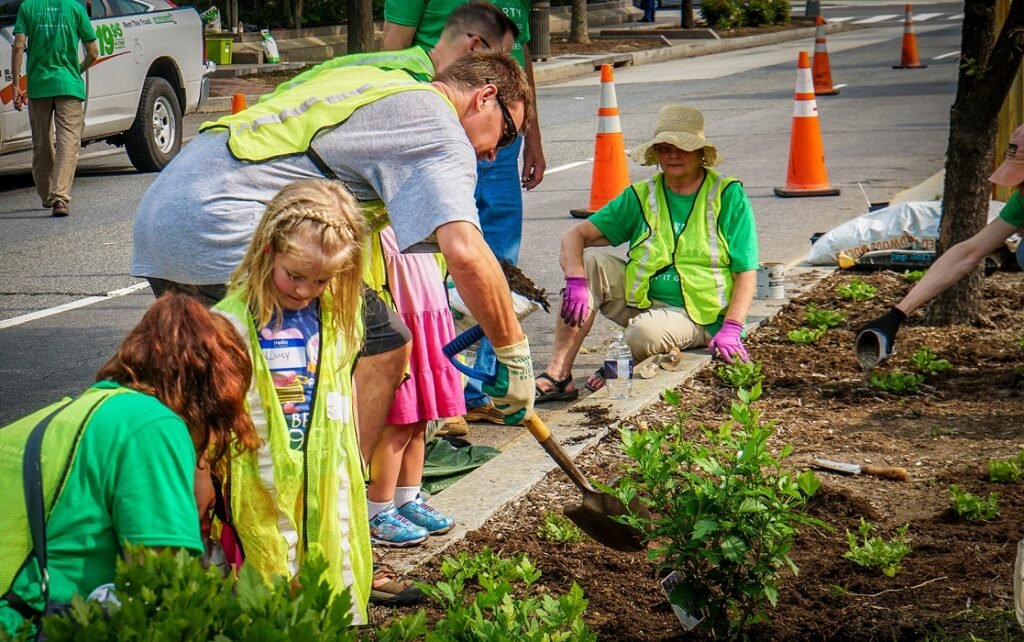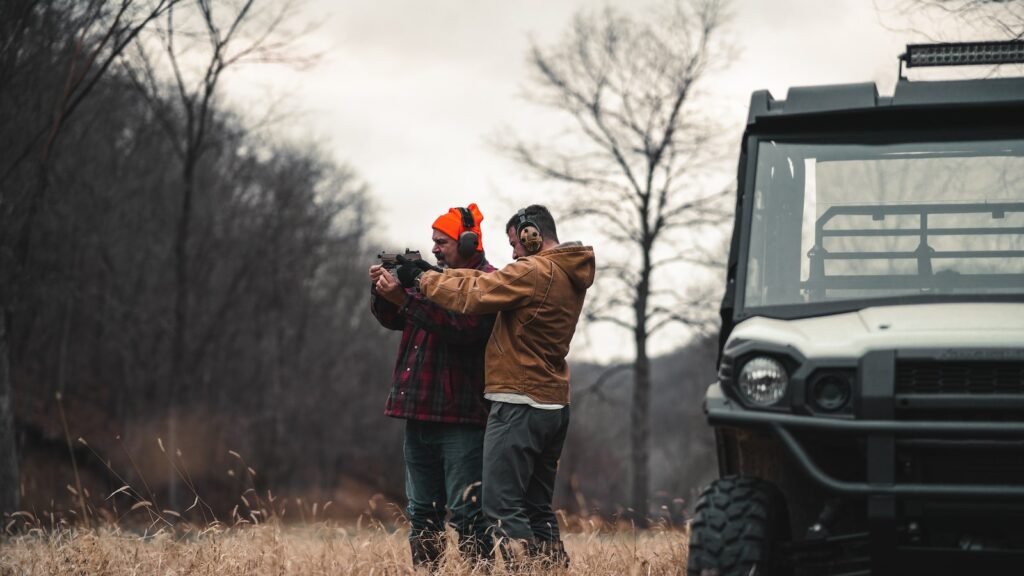Now Reading: The Importance of Tracking Skills in Hunting
-
01
The Importance of Tracking Skills in Hunting
The Importance of Tracking Skills in Hunting
The forest is your classroom, the wilderness your eternal muse. As you tread through the rugged terrain in pursuit of your elusive prey, you are not merely a hunter; you are an artist, armed with an ancient skill that has been honed across generations – tracking. In the world of hunting, there is no greater asset than the ability to fluidly decipher nature’s intricate patterns, to read the ground like an open book, and to follow the secretive whispers left behind by your quarry. Tracking transforms hunting from a primal instinct into a harmonious dance with the wild, enabling us to navigate the unforgiving landscapes and ultimately, to embrace the true essence of our primordial connection to the natural world. Thus, understanding the importance of tracking skills in hunting becomes paramount in both preserving the ancient art and maximizing our success in the pursuit of game.
Table of Contents
- The Art of Tracking: A Hunter’s Most Essential Skill
- Developing Keen Observation Skills for Successful Hunting
- Unveiling the Secrets of Animal Behavior through Tracking
- Mastering Tracking Techniques: A Comprehensive Guide for Hunters
- Tapping into Nature’s Clues: How Tracking Enhances Hunting Abilities
- Q&A
- Key Takeaways

The Art of Tracking: A Hunter’s Most Essential Skill
The art of tracking is a truly ancient skill, passed down through generations of hunters. It is more than just following footprints or traces left behind; it is a dance between predator and prey, where every subtle clue leads to an ultimate pursuit. To become a truly skilled tracker is to tap into the primal instincts inherited from our ancestors.
Key Elements of Tracking:
- Observation: A tracker’s keen eye is always scanning the ground for signs of disturbance, subtle changes in vegetation, or the faintest hint of a scent. Every detail matters, and a skilled tracker can discern the smallest of clues.
- Interpretation: Tracking is not just about following footprints; it is about understanding the story they tell. Each print tells a tale of where the animal came from, its speed, and even its emotional state. The ability to interpret these signs is what sets a master tracker apart.
- Patience and Persistence: Tracking is a game of endurance and patience. Sometimes the trail goes cold, and the tracker must have the perseverance to stick with it, following even the most faint traces until the prey is found.
The Rewards of Mastering Tracking:
Mastering the art of tracking is a gateway into a deeper connection with nature. It is not just about hunting for sustenance; it is an immersive experience that brings one closer to the land and its inhabitants. Through tracking, one gains a profound understanding of animal behavior, ecosystem dynamics, and the delicate balance of life.
So, embrace the art of tracking and awaken the ancient hunter within you. Step onto the trail, follow the whispers of the wild, and uncover the mysteries that nature has laid before you. For in tracking, you will not only discover the essence of the hunt but also find a profound sense of harmony with the world around you.

Developing Keen Observation Skills for Successful Hunting
When it comes to successful hunting, developing keen observation skills is absolutely essential. The ability to notice even the smallest details in your surroundings can be the difference between a fruitful hunt and walking away empty-handed. Here are some tips and techniques to help sharpen your observation skills:
- Be patient: Take the time to truly immerse yourself in the environment you are hunting in. Stay still, quiet, and keep your eyes and ears open for any signs of movement or sound.
- Practice mindfulness: Be fully present in the moment while hunting. Try to suppress any distractions or wandering thoughts, allowing yourself to focus solely on what is happening around you.
- Pay attention to tracks and signs: Every creature leaves behind traces that can give you valuable insights. Familiarize yourself with different animal tracks and paths they follow. Look for signs like broken branches, scat, or feather remnants that can help you understand their recent presence.
- Use your senses: Engage all your senses, not just sight. Listen for unique sounds, smell for distinct scents, and rely on your intuition to guide you. Sometimes, a faint rustle of leaves or a slightly different scent in the air can lead you to your prey.
- Study the patterns: Take note of the behaviors and routines of the animals you are hunting. Understanding their habits can provide valuable clues on where to find them, like their feeding or mating grounds.
Becoming a master in observation requires practice and a genuine curiosity for the natural world. By honing your observation skills, you will become better equipped to anticipate and adapt to the ever-changing dynamics of your hunting environment.

Unveiling the Secrets of Animal Behavior through Tracking
Have you ever wondered how animals navigate through their environments, find their prey, or even communicate with each other? The answers lie within the fascinating world of animal behavior, and one of the most effective ways scientists have been able to unravel these mysteries is through tracking.
Tracking allows researchers to delve into the lives of animals, offering insights into their movements, habits, and interactions. By attaching tracking devices, such as GPS collars or radio transmitters, scientists can follow the path of an animal, record its activity patterns, and even monitor its vital signs.
Through this cutting-edge technology, a vast amount of data is collected, providing scientists with invaluable information about migration patterns, foraging behaviors, and territorial movements. It allows researchers to study a wide range of species, from large mammals like bears and whales to small insects and birds. The data obtained from tracking devices has revolutionized our understanding of animal behavior, providing a unique window into their daily lives and helping us conserve and protect their habitats.
- Mobility: Tracking enables us to understand how animals move within their ecosystems, identifying key locations like feeding grounds or mating sites.
- Interactions: By tracking multiple individuals within a population, scientists can analyze social interactions, hierarchy, and even breeding patterns.
- Behavioral adaptations: Tracking offers insights into how animals adapt to changes in their environment, whether it’s finding new food sources or seeking shelter during extreme weather conditions.
- Conservation: Understanding animal behavior through tracking helps us make informed decisions in conserving and managing their habitats, ensuring their survival for future generations.
By , scientists are unlocking the hidden wonders of the animal kingdom, revealing the intricate web of connections that exist within nature. It is through these efforts that we can gain a deep appreciation for the behaviors and adaptations that allow animals to thrive in their environments, and ultimately, contribute to their preservation and the overall health of our planet.
Mastering Tracking Techniques: A Comprehensive Guide for Hunters
In order to become a skilled hunter, mastering tracking techniques is absolutely essential. Tracking allows hunters to follow the trail of their prey, increasing their chances of a successful hunt. In this comprehensive guide, we will dive deep into the art of tracking, providing you with valuable tips and techniques that will take your hunting skills to the next level.
Understanding Animal Tracks:
- To become a proficient tracker, it is important to develop a keen eye for animal tracks. Study the patterns and shapes left by various animals, as each one has unique characteristics.
- Pay attention to details such as the size, depth, and direction of the tracks. This will give you valuable information about the speed and behavior of the animal.
Utilizing Sign Indicators:
- Aside from tracks, there are other signs that can help you track your prey. Look for broken branches, disturbed vegetation, or scat, as these can provide valuable clues about the animal’s presence and movement.
- Learn to interpret these sign indicators to predict the animal’s path and behavior. This will significantly improve your tracking abilities and increase your chances of a successful hunt.
Blending with Nature:
- While tracking, it is essential to blend with nature to avoid alerting your prey. Wear appropriate camouflage clothing that matches the environment, and be mindful of your scent.
- Take advantage of the natural cover provided by the surroundings and move slowly and cautiously. By mastering the art of blending with nature, you’ll improve your chances of getting close to the animal without being detected.
Remember, tracking is not merely a skill, but an art that requires practice and patience. By consistently honing your tracking techniques and applying the knowledge shared in this guide, you’ll become a master tracker and elevate your hunting experiences to new heights. Happy hunting!
Tapping into Nature’s Clues: How Tracking Enhances Hunting Abilities
Tracking is a skill that has been practiced by hunters for centuries, allowing them to tap into the clues left behind by nature. By carefully observing footprints, scat, and other signs, hunters can gain valuable insights into the movements and behaviors of their prey.
One of the key benefits of tracking is the ability to predict the location and direction of animals. By analyzing the freshness of tracks and the depth of imprints, experienced hunters can make informed guesses about the animal’s proximity. Tracking also provides crucial information about the size and health of the animal, helping hunters determine if it’s worthy of pursuit.
Whether it’s the inquisitive curiosity of a coyote or the graceful gait of a deer, tracking allows hunters to understand the language of the wild and adapt their strategies accordingly. It teaches patience, precision, and a deep connection to the natural world. By tapping into nature’s clues, hunters enhance their abilities and gain a profound appreciation for the intricate dance of predator and prey.
Q&A
Why are tracking skills important in hunting?
Tracking skills are essential in hunting as they allow hunters to locate and follow the trail of their prey. It helps them anticipate the animal’s movements, increasing their chances of a successful hunt.
What are some benefits of developing tracking skills?
Developing tracking skills not only enhance one’s hunting abilities but also connect individuals more deeply with the natural world. It allows hunters to gain a greater understanding of animal behavior, fostering a sense of respect and appreciation for wildlife.
How can tracking skills improve hunting success?
Tracking skills significantly improve hunting success by allowing hunters to read tracks and signs left by animals, such as footprints, scat, and scratches. These skills enable them to predict the animal’s direction, speed, and potential hiding spots, giving them an advantage while pursuing their prey.
What are some key techniques used in tracking?
There are several techniques used in tracking, including observing the ground for tracks, identifying scents and droppings, interpreting broken twigs or disturbed foliage, and recognizing movement patterns. Careful observation and experience are crucial for mastering these techniques.
Can tracking skills be learned, or are they innate?
While some individuals may have a natural predisposition for tracking, like all skills, tracking can be learned with practice and dedication. By spending time in nature and honing their observation abilities, anyone can develop competent tracking skills.
How can tracking skills help with conservation efforts?
Tracking skills aid in studying and monitoring animal populations, which are vital for conservation efforts. By understanding animal movements, habitat preferences, and population dynamics, hunters can contribute to research and conservation initiatives, ensuring the sustainable management of wildlife.
What are some tools that can assist in tracking?
Tools such as binoculars, spotting scopes, cameras, and GPS devices can be valuable aids in tracking. Additionally, resources like field guides or smartphone apps can help identify tracks, scat, and other signs in the field, allowing hunters to improve their tracking skills.
Are there any ethical considerations when tracking animals?
Ethical considerations in tracking involve respecting and abiding by wildlife regulations and using tracking skills responsibly. It is crucial to ensure that hunting practices are legal, sustainable, and conducted with care for both the animals and their habitats.
Key Takeaways
As the sun sets on our journey through the wilderness, we find ourselves reflecting on the invaluable art of tracking in the world of hunting. Like a symphony played out by nature itself, this skill harmonizes the hunter with the wild, weaving a tapestry of survival, knowledge, and connection.
In this vast wilderness, tracking skills act as a mysterious compass guiding us towards the heart of the chase. It is an intricate dance, a delicate balance, where each footprint, broken twig, or subtle shift in the flora sings a story of the elusive prey. The seasoned hunter understands the language of the land, deciphering tracks like a poet decodes forgotten verses, seeking the hidden meaning beneath the surface.
But these skills go beyond mere practicality; they form a spiritual bond between man and nature. It is through this primitive connection that hunters tap into a primal instinct, echoing the ancestors who roamed these very lands centuries ago. They become part of the rhythmic pulse of the wild, sensing its subtle changes and learning from its timeless wisdom.
Moreover, the importance of tracking skills in hunting lies in the responsibility they entail. It becomes our duty to become stewards of the land, protectors of its delicate intricacies. This heightened knowledge fosters a deep reverence for the ecosystem, ensuring that hunters walk upon the earth with the lightest of footprints. Tracking then becomes a reminder of our interconnectedness, a call to tread gently and mindfully upon this shared domain.
Let us not overlook the untold lessons tracking imparts. For within this dance of intuition and observation, we learn patience, perseverance, and humility. Every misstep and every fleeting track brings forth a valuable opportunity to grow, to become a better hunter and a better human being. The art of tracking refines not only our hunting prowess but also the very essence of our character.
So, as we depart from these vast woodlands, our hearts brimming with wonder, let us carry with us the profound awareness that tracking skills bring. It is a skillset that transcends the pursuit of prey, for tracking is a journey of self-discovery, an invitation to connect with the essence of life itself. As hunters, let us continue to honor this ancient practice, embracing its importance and allowing it to guide us deeper into the realms of the untamed.
For tracking, my fellow adventurers, is not just a skill to be mastered; it is a gateway to the wild and a testament to our boundless human potential.
As an affiliate, my content may feature links to products I personally use and recommend. By taking action, like subscribing or making a purchase, you’ll be supporting my work and fueling my taco cravings at the same time. Win-win, right?
Want to read more? Check out our Affiliate Disclosure page.





